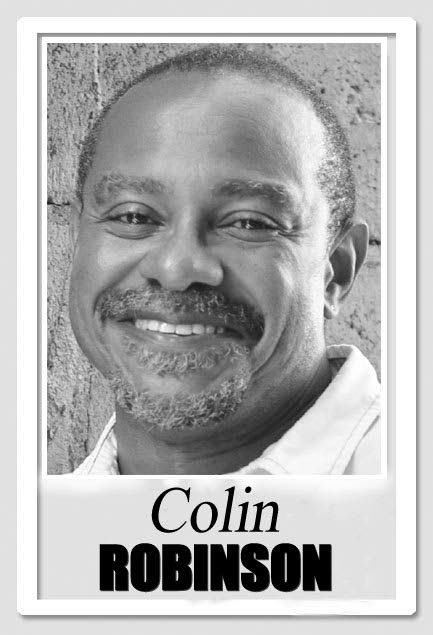Tests of time

A key test of good writing, it is said, is how well it ages.
Folks on WhatsApp were sharing around a pretty bad recording of John Thomas and other musicians performing God Bless Our Nation on a boat, which got me to spend much of the Republic Day holiday listening to nationhood songs. Besides that Marjorie Padmore anthem, among the most enduring of the group, Nalis has lyrics to six others from the 1960s up on its website.
All have aged really, really badly, some worse than others; though they were arguably bad from the beginning. A Rocky McCollin number references our discovery by three small ships. Sniper’s Portrait of Trinidad sings how “people are daily making progress without any form of stupidness” and how “our sugar and oil are really refined,” while Sparrow’s Model Nation talks of “the revenue we make from oil and the Pitch Lake is great, but wait, we got cocoa and copra, banana and sugar, coconut, citrus. We may be small but we wealthy.”
If only…
I was fascinated that several of the tunes make suspicious references to “Put on your floral gowns | Make gay the roadsides and the hills,” “Flamboyant gay, make glad the day,” and what seems unmistakable innuendo in Padmore’s “flaming poinciana and shady immortelle.”
Across in the US, hundreds of citizens are paying tribute to the late Supreme Court justice Ruth Bader Ginsburg, its second female judge, filing past her coffin at the court building. Unlike any justice before, Ginsburg became a popular figure, a fashion icon for her choice of judicial neckwear, and the subject of a biopic, documentary and famous nickname: Notorious RBG. Her fame comes both from achievements in winning strategic sex discrimination cases before the court, which led to her appointment, and as the author of landmark judgements on the court itself. However, she became legendary in large part for her incisive dissents from several majority opinions. Her close friendship with her biggest ideological rival on the court is also well known.
In reading the tart (however tasteless) exchanges made public between opposing members of our local judiciary this week, I wonder about our own judicial traditions; how both judges and their opinions, in comparison, feature in popular culture, and what about our judges’ writing will, like Ginsburg’s, withstand the test of time.
Last weekend was the tenth-anniversary incarnation of the Bocas Lit Fest, a covid-virtualised affair, followed strangely by a sprawling four-day UWI literary festival. What the online Bocas brought home is how powerful has been the festival legacy over the years as a physical space, how important its work has been in drawing writers globally together in proximity, in linking booksellers to readers, and in occupying the pavements of the National Library with ole mas and open mics and more. I look forward to its return as a place of encounter.
Bocas’s virtual offerings sought to ensure that both the 1970 Black Power revolution in Trinidad and Grenada’s 1979-1983 People’s Revolutionary Government endure the tests of time and memory. Attillah Springer reminded us that, beyond state violence, part of our trauma in the wake of 1970 is the stigma endured in classrooms and playgrounds by those who chose back then to embrace their African culture. That is recovery we need to engage in, she argued. Her panel of Chike Pilgrim, Amílcar Sanatan and Sunity Maharaj also debated the role of contemporary classrooms in ensuring accurate accounts of those critical parts of Caribbean histories are made current.
With beach limes and other social gatherings prohibited by public health adherence, and the cancellation of the national awards ceremony due to negligence, this year’s Republic Day seemed especially short on meaningfulness. Even the usual holiday ritual of tributary newspaper display ads saw barely a dozen offerings. Nothing poignant connects our 44th commemoration of formal political autonomy to its history. There are no songs about republicanhood.
I ended the holiday re-watching the No Greater Time video — https://youtu.be/AnlrceUlA4k — with much greater hopefulness for the test of its endurance over the coming half-century than those Independence era compositions. I hope you agree.
It ended up being a day of reflection about citizenship and governance. And perhaps that is what matters most.

Comments
"Tests of time"